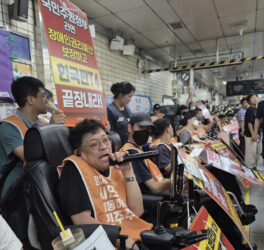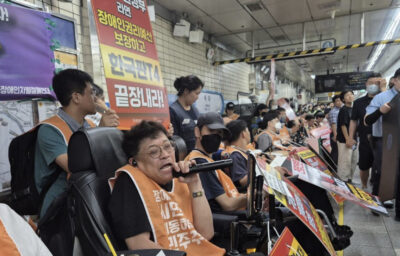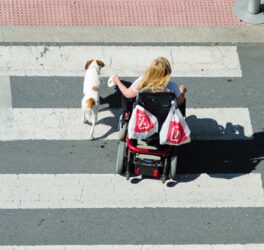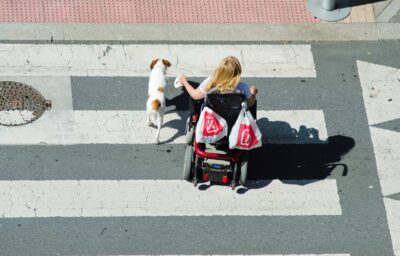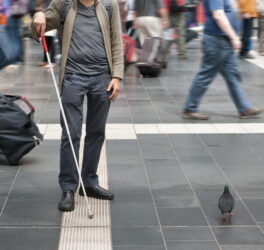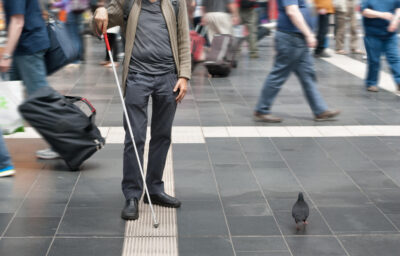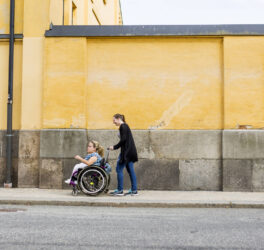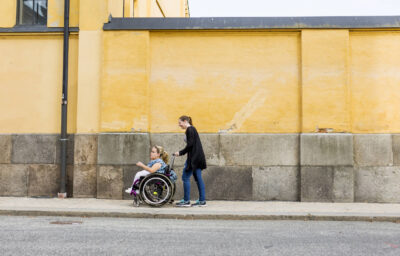Broadening the Black Lives Matter protests to include people with disabilities to express solidarity in the struggle against systemic racial discrimination in the U.S., Black disabled activists recently held their own in Milwaukee.
This comes on the back of first held in Washington, D.C., where protestors shouted “Sign his name,” referring to George Floyd, to demand sign language interpretation accessible to people with hearing disabilities who communicate via sign language.
Accessibility was a priority at the Milwaukee protest with the route having the least resistance for those using manual wheelchairs and other mobility devices. The stops along the way were staffed by medics who issued supplies such as water and earplugs. American Sign Language interpreters were present throughout and taught marchers how to sign “Black Lives Matter.” Protesters were encouraged to wear masks and observe social distancing. Many work masks with clear plastic covering the mouth, so people with hearing disabilities could read their lips.
The recent endeavors to hold accessible protests is not without historical precedents. In October 1981, 3,000 people took part in the All Peoples Congress at wheelchair-accessible Cobo Hall in Detroit, voting overwhelmingly for “National Days of Resistance” to overturn Ronald Reagan’s program of cutbacks and attacks on labor, racism, sexism, ableism, LGBTQ2S+ oppression and war. In the Oct. 23, 1981, issue of Workers World the late Betsy Gimbel — a wheelchair user, Disabled in Action Secretary and WWP Disability Rights Caucus leader — described how the Disabled Focus workshop at the APC unanimously voted to support the Days of Resistance the following year and proposed that all actions be made accessible for people of all disabilities.
Black disabled organizer Harvey Ross wants people to understand that people of color with disabilities are at higher risk of police violence.
Disability rights journalist David M. Perry, whose son has Down syndrome, documented, in research for the Ruderman Family Foundation, that as many as half of all people killed by police have a disability.

